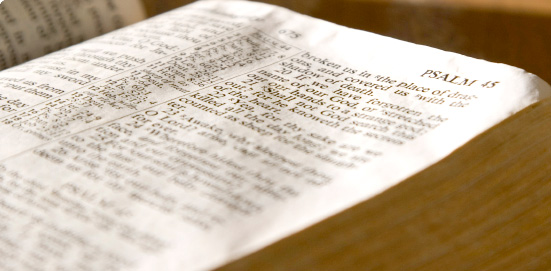Latest Resources

Stoics
Stoicism was a prominent philosophy in ancient Greece. In fact, Paul addressed Stoic thought in his speech on Mars Hill. Read more about this philosophical line of thought here. The great thinker and teacher named Zeno of Citium lived from 332 to 262 B.C. Most teachers of his day rented a room where students could come to hear them teach.…
READ MORE
Saints: Men and Women of Honor
In the New Testament, "saints" often referred to people of faith. Learn more about some these early pillars of the faith, who have encouraged people for centuries. Calendar of Saints and Feast DaysThe letters of the apostle Paul were written to the 'saints" - one of several terms used in the New Testament to designate those who believed in Jesus…
READ MORE
Yom Kippur
Purity is a key theme throughout Scripture. The festival of Yom Kippur calls the people of Israel to recommit themselves to purity on an annual basis. Yom Kippur, the annual Day of Atonement, with its rich historical, liturgical, and theological traditions, has roots deep in the history of ancient Israel that continue to reach into worship life today. It embraces…
READ MORE
Umoja
Unity is the first principle of Kwanzaa, but it is also an important characteristic for Christians. The first principle of Kwanzaa is Umoja (oo-MOE-jah) Unity - To strive for and maintain unity in the family, community, nation, and race.Unity in ChristThe writer of the Letter to the Ephesians offers guidance on how to live, and speaks to the importance of…
READ MORE
Kujichagulia
Use this meditation to learn more about the importance of self-determination, the second principle of Kwanzaa, in the Christian faith. The second principle of Kwanzaa is Kujichagulia (koo-jee-cha-goo-LEE-ah) Self Determination – To define ourselves, name ourselves, create for ourselves, and speak for ourselves.TAKE HOLD OF THE PRIZEThe apostle Paul writes about putting trust in Christ Jesus, staying focused and setting…
READ MORE
Ujima
Ujima refers to collective work and responsibility. Use this tool to reflect on the role of collective responsibility within the body of Christ. The third principle of Kwanzaa is Ujima (oo-JEE-mah) Collective Work and Responsibility - To build and maintain our community together and make our brothers' and sister' problems our problems and solve them together.Working TogetherThe Scripture passage describes…
READ MOREGod’s Word heals and brings hope
Your generosity will give the gift of Scripture to people worldwide who need its life-changing message.








